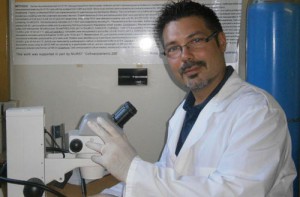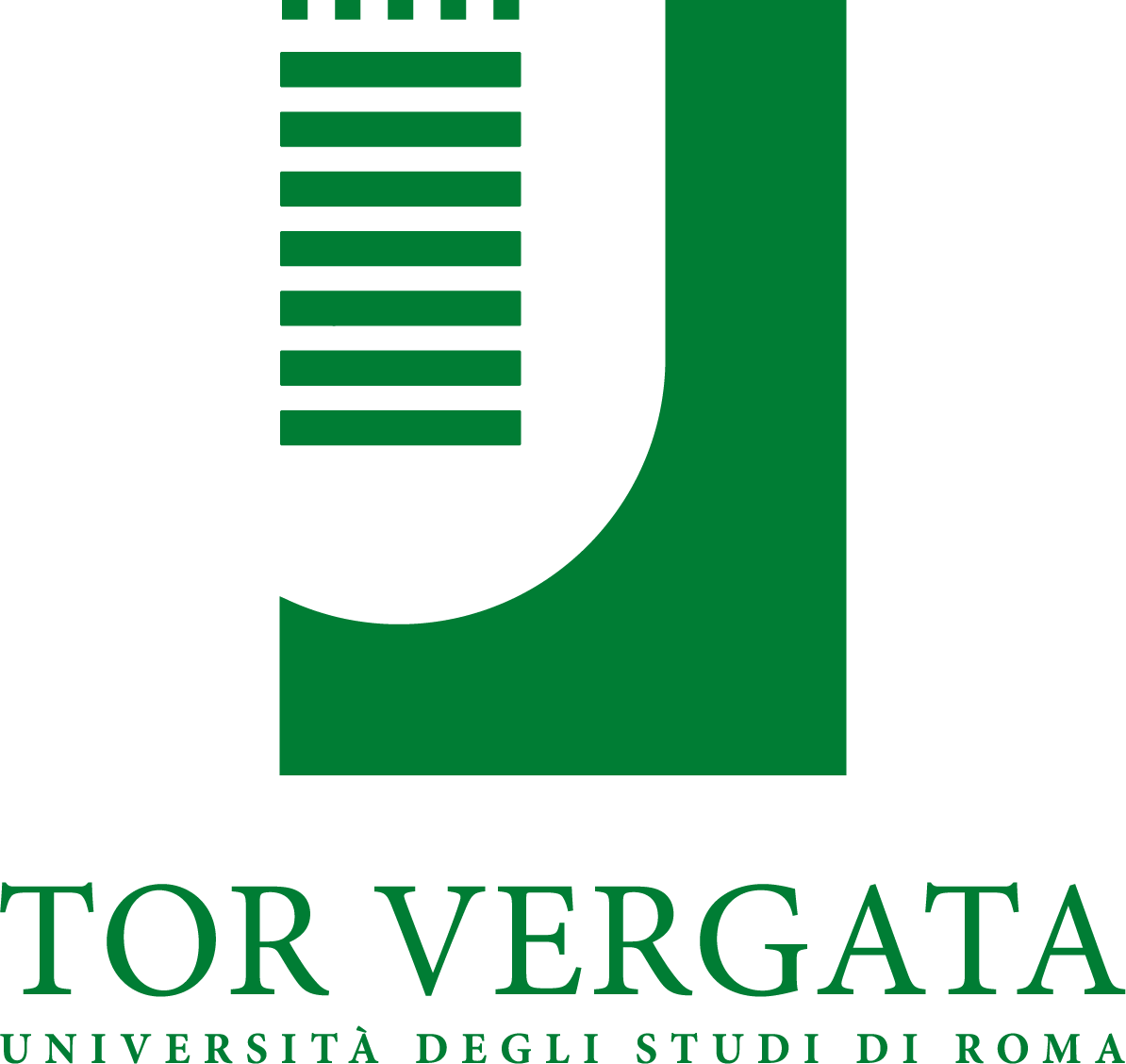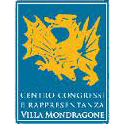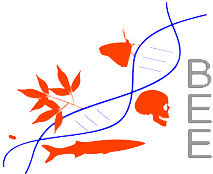
Curriculum vitae
CURRENT POSITION
Group Leader at the Research Center IRCCS San Raffaele Pisana, Rome, Italy;
Researcher at the Department of Biology, University of Rome “Tor Vergata”, Italy.
EDUCATION
April 2002: Ph.D. in “Cellular and Molecular Biology” at the Department of Biology, University of Rome “Tor Vergata”;
1997: Master Degree cum laude in Biological Sciences at the Department of Biology, University of Rome “Tor Vergata”.
WORK and ACADEMIC EXPERIENCE
2010-: Group Leader at the Research Center IRCCS San Raffaele Pisana, Rome, Italy;
2007-: Researcher at the Dept. of Biology, University of Rome “Tor Vergata”;
2007: Research fellow for the “Italian Association for Cancer Research” (AIRC);
2004-2007: Researcher for FIRB – MIUR at the University of Rome “Tor Vergata”;
2003: Post-Doctoral fellow at the Dept. of Biomedical Sciences University of Chieti “G. D’Annunzio”, Italy;
2002: Research collaborator at the Institute for Cancer Research “IFO – Regina Elena” of Rome, Italy.
TEACHING EXPERIENCE
2007-: Redox Signaling and Cellular Stress for Master Degree in Cellular and Molecular Biology and Human Biology.
2009-2010: Nutraceuticals and Carcinogenesis, for Degree in Biology.
2011-: Physic world, Macromolecules and life, for Master Degree in Cellular and Molecular Biology and Human Biology.
AWARDS
2004: Young Investigator Award by the Society for Free Radical Research, Lodz (Poland).
SOCIETY MEMBERSHIPS
Italian Society of Biochemistry (SIB); Society for Free Radical Research (SFRR); European Cell Death Organization (ECDO).
EDITORIAL SERVICE
Lead Guest Editor of the special issue on “Redox Bioenergetics Liaison in Cancer and Neurodegeneration” published on February, 2012 in the International Journal of Cell Biology.
His reviewing activity is requested by several journals, such as Cancer Research, Antioxidants and Redox Signaling; BMC Cancer; Cell Death and Differentiation; Cell Death and Disease; Clinical Cancer Research; Molecular and Cancer Therapeutics.
OTHER SERVICES
Grant reviewer for:
2011: Parkinson’s UK;
2012-to date: Italian Ministry of University and Research.
SCIENTIFIC PRODUCTIVITY AND IMPACT
He held seminars in several International meetings and is author of 46 publications on high-ranking journals; 3 book chapters and 28 publications in congress proceeding.
RESEARCH FOCUS
Chemistry and biology of redox signal;
Interplay between redox and phosphorylative signaling in tumor and neuronal cell death.
Redox bases of cytostatic and cytotoxic activity of several polyphenols and garlic-contained organo-sulfur compounds.
Redox control of autophagy;
Mitochondrial function, dynamics and mitophagy;
Mitochondrial toxins (mitocans)-induced cell death;
S-nitrosoglutathione reductase (GSNOR), and S-nitrosylation in in vivo models of neuromuscular disease and cancer.
GRANT SUPPORT
“Young Italian Researchers Grant 2008” Proposal n. GR-2008-1138121 – Study of the role of S-nitrosoglutathione reductase (GSNOR) in neuronal homeostasis and its implication in Parkinson’s disease etiopathogenesis. Italian Ministry of Health.
EUR 585,924 (Dec 2010 – Dec 2013).
“MFAG – 2011” Proposal n. 11452 – Role of S-nitrosoglutathione reductase (GSNOR) in autophagy and in tumorigenesis. Italian Association for Cancer Research (AIRC).
EUR 150,000 (Jan 2012 – Jan 2015).
Pubblicazioni scelte
1. Filomeni G., Rotilio G., and Ciriolo M.R. (2002) Cell signalling and the glutathione redox system. Biochem. Pharmacol. 64: 1059-1066.
2. Filomeni G., Rotilio G., and Ciriolo M.R. (2003) Glutathione disulfide induces apoptosis of U937 cells by a redox-mediated p38 MAP kinase pathway. FASEB J. 17: 64-66.
3. Filomeni G., Aquilano K., Rotilio G., and Ciriolo M.R. (2003) Reactive oxygen species-dependent c-Jun NH2-terminal kinase/c-jun signaling cascade mediates neuroblastoma cell death induced by diallyl disulfide. Cancer Res. 63: 5940-5949.
4. Filomeni G., Aquilano K., Rotilio G., and Ciriolo M.R. (2005) Anti-apoptotic response to induced GSH depletion: involvement of heat shock proteins and NF-B activation. Antioxid. Redox Signal. 7: 446-455.
5. Filomeni G., Rotilio G., and Ciriolo M.R. (2005) Disulfide relays and phosphorylative cascades: partners in redox-mediated signaling pathways. Cell Death Differ. 12: 1555-1563.
6. Filomeni G., Aquilano K., Rotilio G., and Ciriolo M.R. (2005) Glutathione-related systems and modulation of extracellular signal-regulated kinases are involved in resistance of AGS adenocarcinoma gastric cells to diallyl disulfide-induced apoptosis. Cancer Res. 65: 11735-11742.
7. Filomeni G., and Ciriolo M.R. (2006) Redox control of apoptosis: an update Antioxid. Redox Signal. 8: 2187-2192.
8. Filomeni G., Cerchiaro G., Da Costa Ferriera A.M., De Martino A., Pedersen J.Z., Rotilio G., and Ciriolo M.R. (2007) Pro-apoptotic activities of novel isatin-Schiff base copper(II) complexes depends on oxidative stress induction and organelle-selective damage. J. Biol. Chem. 282: 12010-12021.
9. Piccirillo S., Filomeni G., Brune B., Rotilio G., and Ciriolo M.R. (2009) Redox mechanisms involved in the selective activation of Nrf2-mediated resistance versus p53-dependent apoptosis in adenocarcinoma gastric cells. J. Biol. Chem. 284: 27721-27733.
10. Filomeni G., Cardaci S., Da Costa Ferreira A.M., Rotilio G., and Ciriolo M.R. (2011) Metabolic oxidative stress elicited by the copper(II) complex [Cu(isaepy)2] triggers apoptosis in SH-SY5Y cells through the induction of AMP-activated protein kinase/p38MAPK/p53 signalling axis. Biochem J. 437: 443-453.
11. Filomeni G., Desideri E., Cardaci S., Rotilio G., and Ciriolo M.R. (2010) Under the ROS…Thiol network is the principal suspect for autophagy commitment. Autophagy 6: 999-1005.
12. Cardaci S., Filomeni G., and Ciriolo M.R. (2012) Redox implications of AMPK-mediated signal transduction beyond the energetic clues. J. Cell. Sci. 125: 2115-2125.
13. Di Giacomo G., Rizza S., Montagna C., and Filomeni G. (2012) Established principles and emerging concepts on the interplay between mitochondrial physiology and s-(de)nitrosylation: Implications in cancer and neurodegeneration. Int. J. Cell Biol. 2012:361872.
14. Desideri E., Filomeni G., and Ciriolo M.R. (2012) Glutathione participates in the modulation of starvation-induced autophagy in carcinoma cells. Autophagy 8: 1769-1781.
15. Filomeni G., Bolaños J.P., and Mastroberardino P.G. (2012) Redox status and bioenergetics liaison in cancer and neurodegeneration. Int. J. Cell Biol. 2012:659645.
Department of Biology
University of Rome “Tor Vergata”
Via della Ricerca Scientifica, snc
00133 – Rome, Italy
phone: +39 06 7259 4312/4360
fax: +39 06 7259 4311
e-mail: filomeni@bio.uniroma2.it
Research center IRCCS La Pisana
Via di Val Cannuta, 247
00166, Rome, Italy
e-mail: g.filomeni@sanraffaele.it





Università di Tor Vergata